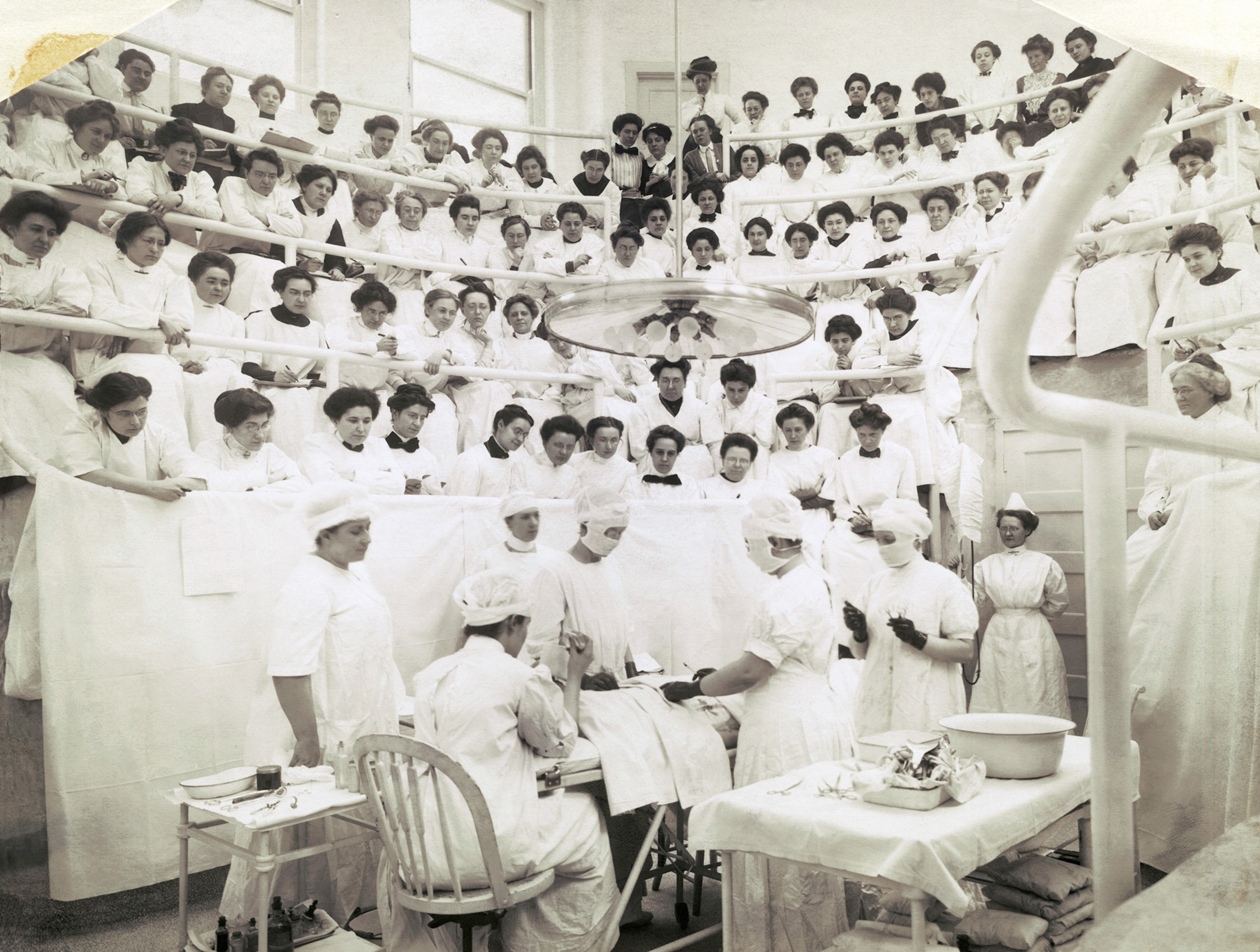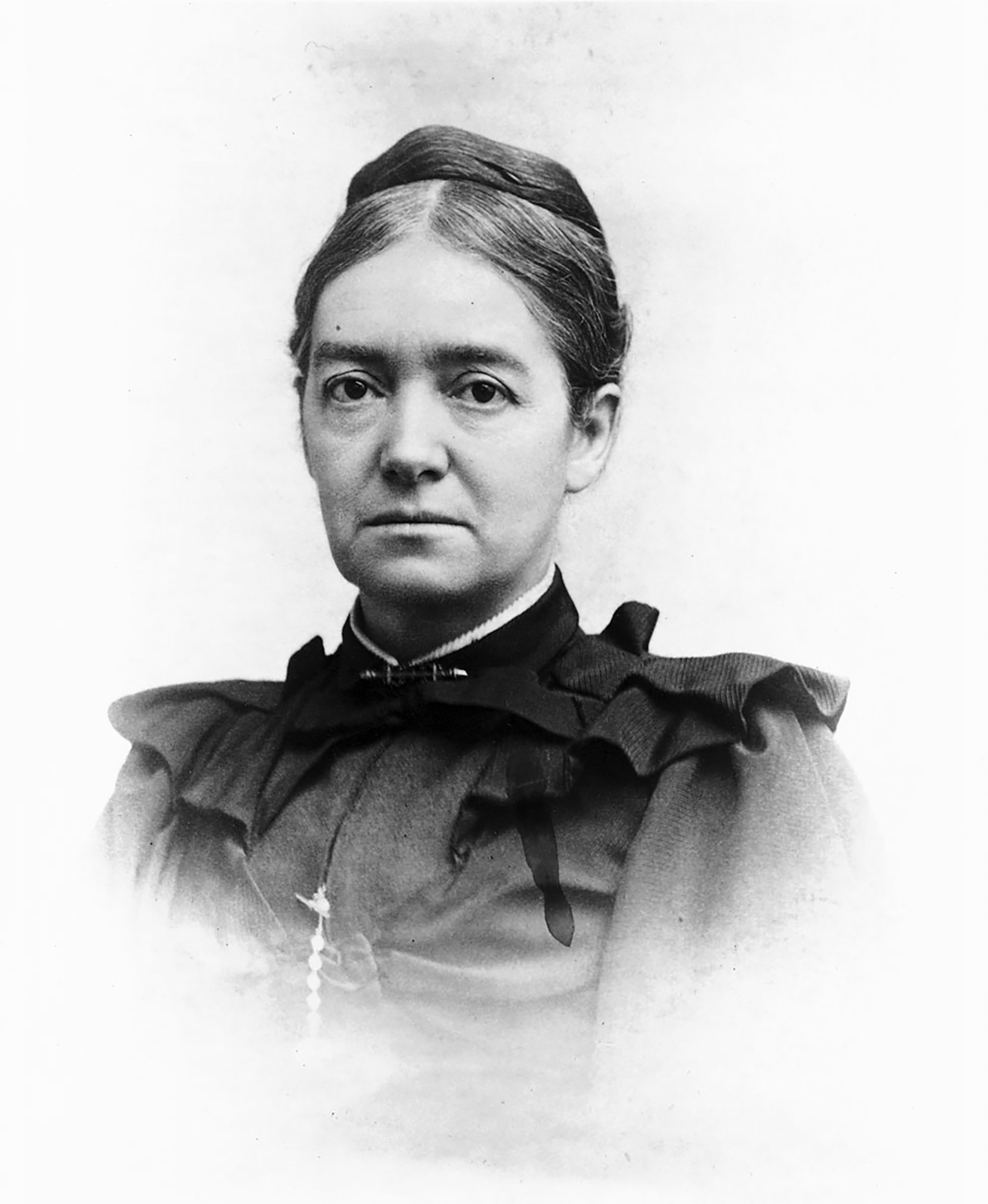
The Scientist Who Said Periods Weren’t a Big Deal
Mary Putnam Jacobi argued that menstruation shouldn’t stop women from getting an education—and that science should be supported by facts, not hunches.
For most of their lives, women experience menstruation. Throughout history, it’s been argued that this biological fact makes women unfit to do things like go to space or run for political office. In the 1870s, physician Mary Putnam Jacobi made the case that it shouldn’t stop women from going to college.
The man she was arguing against was Harvard University medical professor Edward H. Clarke. In 1873, he published a book maintaining that the strain of higher education was too much for a woman to handle, especially when she was on her period. Were she to power through the ordeal of college, the effort could make her (gasp!) infertile.

Modern readers may find this statement absurd and transparently sexist, a clear case of science being abused to restrict women’s opportunities. But at the time, Clarke’s book—Sex in Education; or, A Fair Chance for Girls—reinforced the widespread belief that women were biologically incapable of participating in politics, medicine, or intellectual life.
Jacobi was the first woman admitted to both France’s Ecole de Médecine and the New York Academy of Medicine, and she didn’t buy Clarke’s claim. She responded to it with “The Question of Rest for Women During Menstruation,” a research paper that analyzed women’s strength and health when they were on and off their periods.
In her research, Jacobi found that “women were healthy when they were educated, mentally engaged, and physically active,” writes Carla Bittel in Mary Putnam Jacobi and the Politics of Medicine in Nineteenth-Century America. “Social limitations, not biology, threatened women and constrained their health.”
Not only did Jacobi’s study disprove Clarke’s claim, it also won her an award for a distinguished medical essay: the Boylston Medical Prize at Harvard—the same school where Clarke taught.
Testing vs. Guessing
Jacobi’s paper was groundbreaking both it in its assertion that women’s biology didn’t restrict their abilities and in its reliance on scientific testing. That’s because in the post-Civil War era, there a was serious debate among physicians as to whether (supposedly) empirical observations like Clarke’s, or rigorous testing like Jacobi’s, should direct medical treatment, writes Bittel.
Jacobi’s argument for testing rather than guessing how women’s bodies work might seem obvious today, but the kind of guesswork that Jacobi argued against wasn’t something that died in the 19th century. As NPR’s Adam Cole has noted, one of the reasons that 1960s researchers worried that women couldn’t be astronauts was because microgravity might cause “retrograde menstruation,” in which menstrual blood would flow backwards from the uterus.
“No one actually did any experiments to see if this really would be a problem,” he writes, “so there weren't any data to support or refute these fears.”
More recently, medical and drug trials often fail to include enough or any women. As a Nature editorial put it in 2010, “medicine as it is currently applied to women is less evidence-based than that being applied to men.” And let’s not forget the not-based-in-science assumption that female political leaders are handicapped by pre-menstrual syndrome—a throwback to suffragist-era claims that women were too irrational to vote.
Viewed through this lens, Jacobi seems strikingly relevant to today’s discussions about the need to get more women into science. Cultural assumptions about how women’s bodies work are more likely to be noticed and challenged when there’s a lady in the lab.
Follow Becky Little on Twitter.